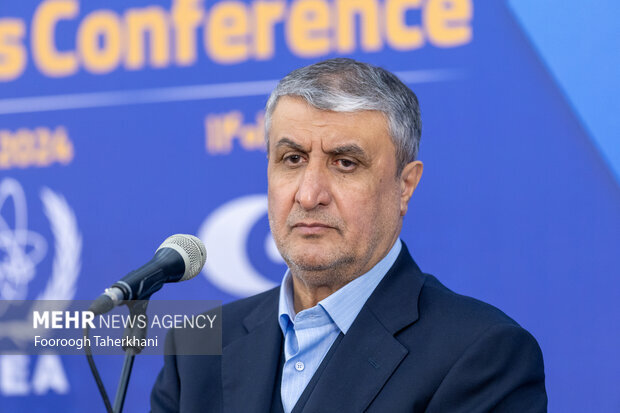According to Nournews, a prominent Iranian media outlet, Eslami made these remarks during an interview with Qatar's Al Araby TV. He emphasized that Iran's commitment to advancing its nuclear work is unwavering, stating, "We are under no illusion about continuing down this path with strength." He framed this approach as a "clear answer" to Western efforts to tarnish Iran's image through what he called a politically motivated campaign of "lies." Eslami criticized the adversarial narrative that seeks to portray Iran's nuclear program as a threat, labeling it a product of "excessive demands" that can only persist for a limited time before global opinion shifts.
The AEOI chief's comments were a direct response to longstanding accusations from Western countries that Iran is diverting its nuclear activities toward military purposes. Despite these claims, Iran remains the most thoroughly inspected member of the IAEA, with the agency finding no evidence of such a diversion. Tehran has consistently denied any intention to pursue nuclear weapons, citing moral and religious principles that prohibit the development or possession of such arms. Nevertheless, tensions have escalated recently, with reports suggesting that European states are pushing for the IAEA's Board of Governors to adopt an anti-Iran resolution during its current session. Such a resolution could potentially trigger the reinstatement of United Nations sanctions against Iran through a "snapback" mechanism.
Eslami condemned what he described as a "double-standard" approach by Iran's accusers, who, he argued, seek to pressure the Islamic Republic into abandoning its peaceful uranium enrichment activities while freely advancing their nuclear programs. "Nuclear activity is one of the pillars of advanced sciences and technologies," he asserted, underscoring its importance as a foundation for national progress. He challenged the monopolistic tendencies of Western powers, stating, "You cannot keep monopolizing this technology," and highlighted the threadbare nature of the anti-Iran campaign, which he believes the world increasingly recognizes as outdated and baseless.
Beyond defending Iran's right to nuclear advancement, Eslami pointed to the tangible benefits of the program for the Iranian people, particularly in the field of medicine. He noted that Iran's ability to enrich uranium to a 20-percent purity level has enabled the production of radiopharmaceuticals, which benefit approximately one million Iranians annually. "Why should people's health be sacrificed to political pressure?" he questioned, condemning efforts to sabotage Iran's nuclear work as detrimental to the well-being of its citizens. Eslami also emphasized the domestic nature of Iran's nuclear technology, stating, "We've not been importing this, so its advancement could not be stopped" by external restrictions.
Photo: Mehr
